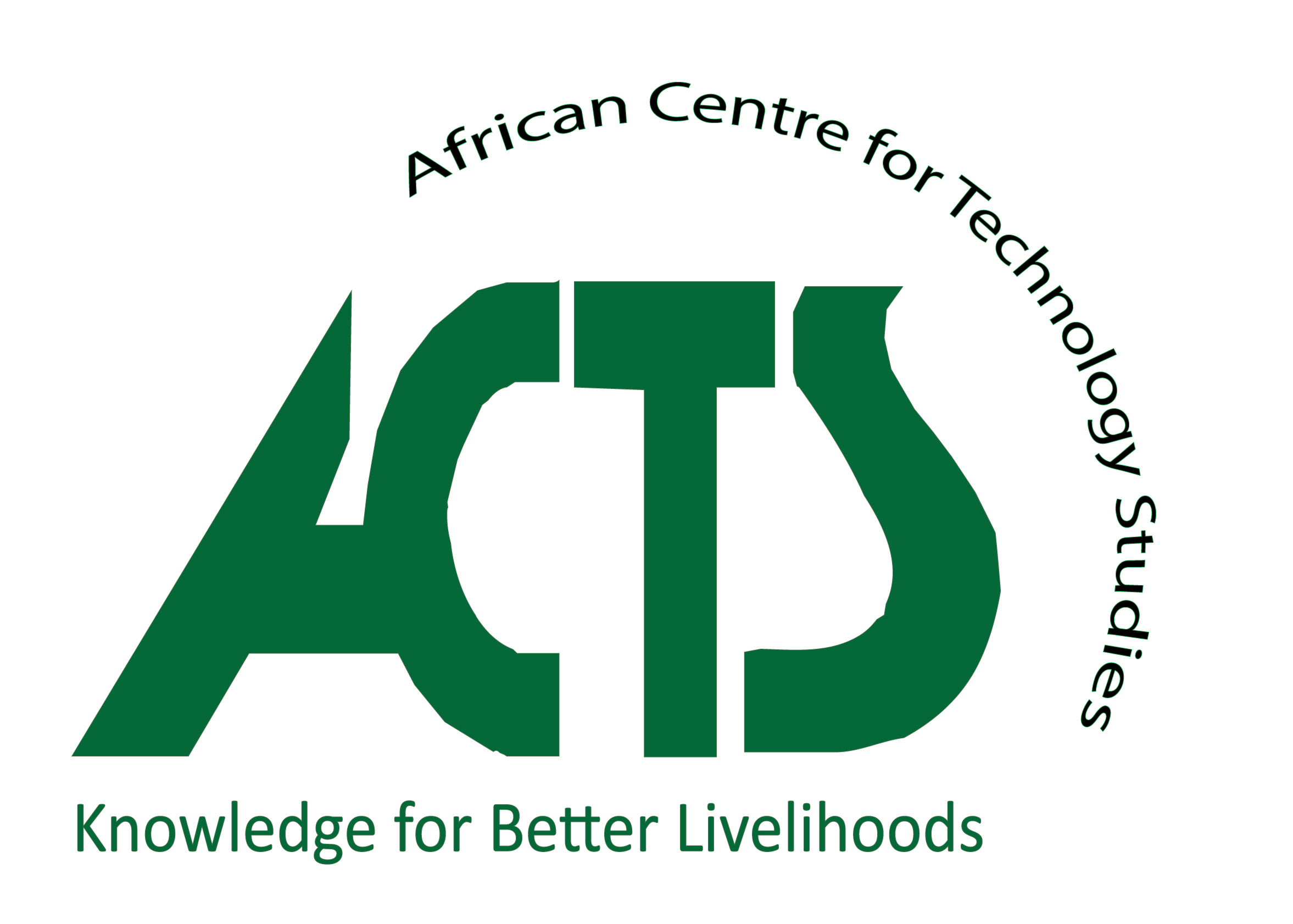As negotiations entered their third day at COP, ACTS researchers participated in two high-level side-events on December 2nd, 2015. ACTS Executive Director, Dr. Cosmas Ochieng moderated a side event entitled, “Scaling Up Adaptation Action: Opportunities for Knowledge,” while ACTS Research Fellow Winnie Khaemba spoke at an event entitled, “Ecosystem Based Adaptation in Dryland Ecosystems.”
In moderating the “Scaling Up Adaptation Action; Opportunities for Knowledge” side-event organized by World Resources Institute (WRI), Dr. Ochieng moderated an interactive session that included one presentation, a panel discussion, and a question and answer session with participants. Dr. Nambi Appadurai gave a presentation on the framework WRI has developed for the pre-conditions necessary to scale-up adaptation projects. The framework developed by WRI includes four key components: good practices indicators, a readiness to scale, scaling pathways, and conditions of scaling which include resources, partnerships, inclusion of local context in planning, and knowledge management including M&E.
Dr. Ochieng then began a panel discussion by praising the work of WRI in developing the framework and reiterating the need to draw lessons learned from adaptation pilots, in order to derive best practices and scale- up projects. He then asked the panel to discuss what factors are needed to identify when a pilot is ready to scale. Anand Kumar of Development Alternatives discussed the need to have a partners and engaged stakeholders, as a necessary pre-condition to scale up projects.
The discussion then moved to the need to listen and incorporate local context and knowledge, as Fiona Percy of CARE discussed the need to increase the inclusive process of adaptation decision making by saying, “we can’t do adaptation in silos.” She went on to describe adaptation as a decision making process, and underscored that adaptation is about giving people at the local levels the knowledge, tools, and capacities necessary to help them make the best decisions to increase their adaptive capacities.
Dr. Ochieng then turned the discussion to how do we effectively scale-up projects to have the largest impact. David Jackson from UNCDF said that in order for projects to be successfully scaled up there needs to be political will and an enabling environment. He went on to discuss the need to share knowledge across projects, countries, and regions on best practices. Sanjay Vashist of Climate Action Network-South Asia followed upon this discussion calling for the need to have effective communication for best practices. He went to say that “communities are the best resources to define priorities,” and thus must be consulateted in project development. A representative from the UNFCCC reiterated that adaptation is a local context system and said that there is a need to scale up adaptation knowledge.
Dr. Ochieng closed the session by reiterating the main points made by panellists that for adaptation projects to scale there needs to be a set of best practices, established networks of partners and financing, and that there needs to be increased learning across projects, countries, and regions.
During the side event, “Ecosystem Based Adaptation in Dryland Ecosystems,” held in the Rio Pavilion and organized by the World Agroforestrcy Centre (ICRAF), Winnie Khaemba presented on the need to integrate ecosystem based adaptation into climate policy. Ecosystem based adaptation (EBA) enhances climate resilience by enhancing the resilient capacities of biodiversity and ecosystem services.
Dr. Lalisa Duguma of ICRAF in his presentation stated that ecosystems when preserved and restored provide important services including income, health, and education for local populations. But ecosystems are prone to the effects of climate change and population pressures, leading to their increased rates of degradation, thus leading to the need to invest in ecosystems restoration and conservation. Building up on this, Dr. Edmund Barrow of IUCN stated that EBA is about helping local vulnerable populations increase their adaptive capacities through providing them with the knowledge, skills, technology, and financing necessary to rebuild their ecosystems to be more resilient.
Dr. Dennis Garrity, in his presentation, discussed the ways in which EBA, and specifically reforestation efforts, can help to reduce exposures to shock and climate risk in the Sahel. Prof. Meine van Noordwijk of ICRAF reiterated Dr. Garrity’s point discussing the positive effects of increased forest cover including carbon sinks, recycled rain fall, and benefits for soil.
Recognizing the important impacts of EBA Ms. Khaemba’s presentation centred around the need to have EBA more accurately reflected in climate policies in order to create more resilient societies. She went on to explain that EBA policies need to be inclusive, incorporating women and youth, who are the most adversely affected by climate change. Ms. Khaemba went on to call for the creation of an enabling policy environment that would encourage private sector investment in EBA and the need to create innovating financing models.
Dr. Margaret Kroma of ICRAF reiterated many of the points made by Ms. Khaemba drawing particular importance to the need to include women in the policy and project creation process. As. Dr. Kroma stated, women have a specialized knowledge of their ecosystems and should play a key role in policy planning processes. Dr. Larwanou Mahamane of the Africa Forest Forum said that for EBA to be successful there needs to be widespread support from the stakeholders and political will.
ACTS will be holding several other side events during the duration of COP 21, highlights of each which will be sent out. For more information on the ACTS, our side events, or to interview one of our researchers at COP 21 please contact Natasha Frosina at This email address is being protected from spambots. You need JavaScript enabled to view it.


